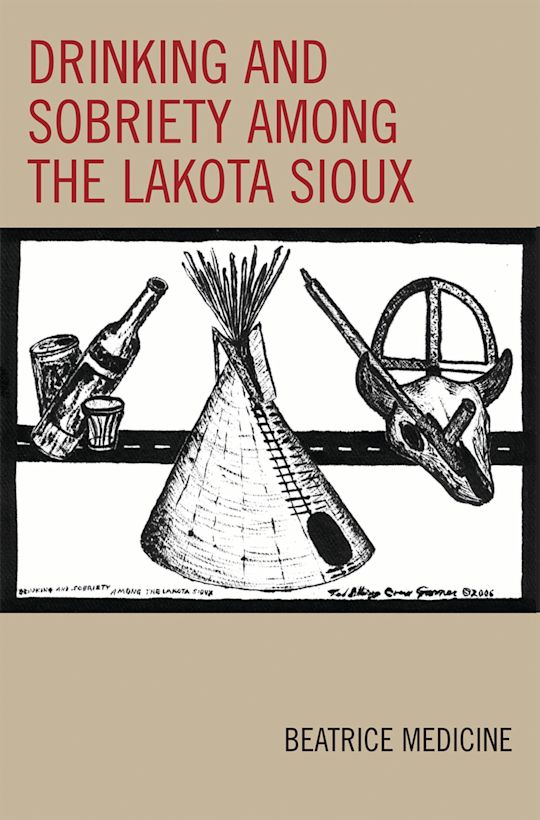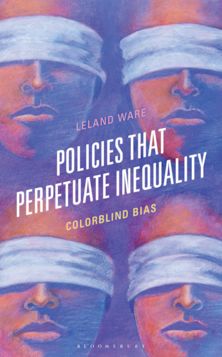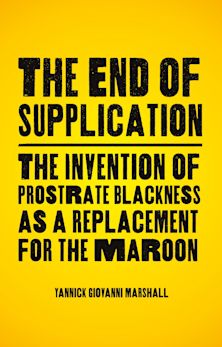- Home
- ACADEMIC
- Politics & International Relations
- Race and Ethnicity
- Drinking and Sobriety among the Lakota Sioux
Inspection copy added to basket
This title is available for inspection copy requests.
Please note our inspection copies are only available in ebook format, and are fulfilled by VitalSource™. If an ebook isn’t available, please visit our inspection copy page for more information.
Buy from Bloomsbury eTextBooks
You are now leaving the Bloomsbury Publishing website. Your eBook purchase will be with our partner https://www.vitalsource.com.
Your credit card statement will show this purchase originating from VitalSource Technologies. They will also provide any technical assistance you might require.
You must sign in to add this item to your wishlist. Please sign in or create an account
Description
Where
Table of Contents
Chapter 2 1 "All Indians are Drunks": A Pervasive Myth
Chapter 3 2 Uncorking the Keg: Beginnings of Alcohol Use among American Indians
Chapter 4 3 The Recent Past: Minnewakan "Magic Water"-Alcohol and the Lakota Bands
Chapter 5 4 A Siouan Social System: Standing Rock Reservation
Chapter 6 5 "Everyone Drinks!": Drinking Behavior among Contemporary Lakota (Sioux) Indians
Chapter 7 6 American Indian Sobriety: An Uncharted Domain
Chapter 8 7 Religious Renaissance and the Control of Alcohol: The Lakota Sun Dance
Chapter 9 8 Siouan Sobriety Patterns: "I Was a Better Drunk Than You Were…"
Chapter 10 9 "I Got Tired of Drinking. . .": Interpretations of Intents and Continuities of Siouan Sober States
Chapter 11 10 Summary and Conclusions: "There's a Lot to Drinking…"
Product details
| Published | 20 Dec 2006 |
|---|---|
| Format | Ebook (Epub & Mobi) |
| Edition | 1st |
| Extent | 193 |
| ISBN | 9780759114012 |
| Imprint | AltaMira Press |
| Series | Contemporary Native American Communities |
| Publisher | Bloomsbury Publishing |
About the contributors
Reviews
-
I believe that treatment centers do not treat the whole person. They do not, for instance, tell a person that their treatment equips them with coping skills that deal with physical addiction, but cannot eliminate craving. I don't think they delve into the spiritual aspects profoundly enough even though there is a concept of a higher power in AA meetings. Bea Medicine's study will give a new and revealing perspective on American Indian alcoholism, one that will contribute immensely to the treatment of American Indians.
Richard Little Bear, president, Chief Dull Knife College
-
Summing Up: Recommended. All levels/libraries.
Choice Reviews
-
Using the Lakota Sioux as the focus of study, she presents a culturally rooted social-ecological analysis of alcohol use, as well as a compelling case for researchers, policy makers, and (mental) health practitioners to emphasize a culture-specific approach to the alcohol use issue.
PsycCRITIQUES
-
Beatrice Medicine's book is an important addition to Native American and Great Plains studies....To support her claims, she presents studies she conducted on Standing Rock Reservation and convincingly links cultural attitudes to current patterns of alcohol use.
2008, Great Plains Research
-
For at least the last 15 years of her life, Dr. Beatrice Medicine was making and recording new ethnographic observations and carefully working toward new theoretical conclusions regarding 'Drinking and Sobriety Among the Lakota Sioux,' thus expanding her1969 study on the subject. Her new empirically developed study is packed with explicit examples of how Lakota men and women experience and culturally manage alcohol consumption, presented in a way that helps readers understand how certain undercurrents ofLakota life and culture support both alcoholism and sobriety. For example, in a culture packed with rewards for behaviors that are indicative of strong individualism, Medicine describes how alcoholics use this value to maintain heavy drinking (on the onehand) and (on the other) to invoke it as part of their strategic determination to attain new and individual sobriety. The pattern is nearly full opposite to 12-step programs and others that call upon 'group' or 'community' sanction against alcoholism inorder to 'cure' individual alcoholics. This posthumous last great work of Dr. Beatrice Medicine is an important book that has value across academic disciplines and at all levels of higher education. It will also be valuable in environments where it is imp
Sue-Ellen Jacobs, Professor Emerita, University of Washington, Seattle
-
For at least the last 15 years of her life, Dr. Beatrice Medicine was making and recording new ethnographic observations and carefully working toward new theoretical conclusions regarding 'Drinking and Sobriety Among the Lakota Sioux,' thus expanding her 1969 study on the subject. Her new empirically developed study is packed with explicit examples of how Lakota men and women experience and culturally manage alcohol consumption, presented in a way that helps readers understand how certain undercurrents of Lakota life and culture support both alcoholism and sobriety. For example, in a culture packed with rewards for behaviors that are indicative of strong individualism, Medicine describes how alcoholics use this value to maintain heavy drinking (on the one hand) and (on the other) to invoke it as part of their strategic determination to attain new and individual sobriety. The pattern is nearly full opposite to 12-step programs and others that call upon 'group' or 'community' sanction against alcoholism in order to 'cure' individual alcoholics. This posthumous last great work of Dr. Beatrice Medicine is an important book that has value across academic disciplines and at all levels of higher education. It will also be valuable in environments where it is important to consider new antecedents and measures to help with mental health and social work issues associated with American Indian drinking, domestic violence, child rearing, and diversity of gender roles.
Sue-Ellen Jacobs, Professor Emerita, University of Washington, Seattle



































